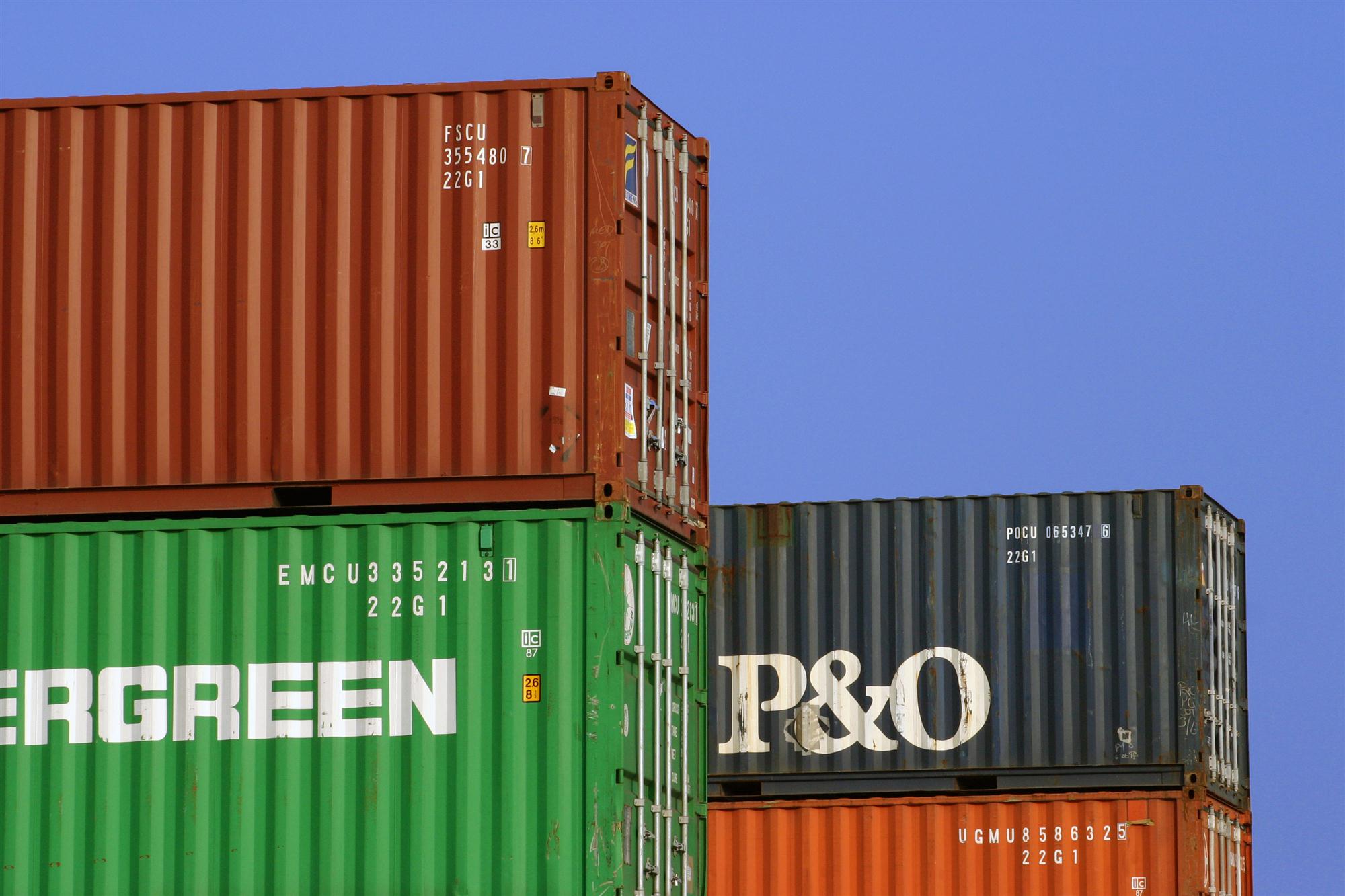Rates on the Asia/North Europe trade fell 23% during Week 37 following some steady increases during August, a roller coaster routine which has become commonplace in the sector throughout the year.
 But the alarming factor in the most recent rate trend has been that the ups and downs of the rates sector have become more and more significant on the Asia/Europe trades than any other mainline trade lane. Along with the peaks and troughs has come the obvious factor that the planned Asia/North Europe and Asia/Mediterranean General Rate Increase for September 1 has simply not worked.
But the alarming factor in the most recent rate trend has been that the ups and downs of the rates sector have become more and more significant on the Asia/Europe trades than any other mainline trade lane. Along with the peaks and troughs has come the obvious factor that the planned Asia/North Europe and Asia/Mediterranean General Rate Increase for September 1 has simply not worked.
Consequently, the market weakness in this trade has ensured that spot rates are presently 44% lower than they were at this time last year.
Nearly all the lines involved in the Asia/Europe trade have taken the decision implement a second General Rate Increase in the latter part of September in addition to the planned one for September 1. The table below shows those increases line-by-line.
APL: US$500/TEU and US$1,000/FEU effective on September 20
China Shipping: US$525/TEU and US$1,050/FEU effective September 20
CMA-CGM: US$500/TEU and US$1,000/FEU effective September 20 (Asia/Mediterranean)
COSCO: US$500/TEU and US$1,000/FEU effective on September 20
Evergreen: US$500/TEU and US$1,000/FEU effective on September 20
Hamburg-Sud: US$500/TEU and US$1,000/FEU effective September 21
Hanjin: US$500/TEU and US$1,000/FEU effective September 20
Hapag-Lloyd: US$550/TEU and US$1,100/FEU effective September 21
K Line: US$500/TEU and US$1,000/FEU effective September 20
Maersk: US$500/TEU and US$1,000/FEU effective September 20
OOCL: US$550/TEU and US$1,100/FEU effective on September 20
UASC: US$600/TEU and US$1,200/FEU effective September 21 (Asia/North Europe)
Yangming: US$500/TEU and US$1,000/FEU effective September 20
Back in August, all the lines involved in the Asia/Europe trades made their own decisions to implement General Rate Increases of around US$1,000/TEU, but in short the increases were simply not accepted by the customers, and they failed either partly, or in full, so it became a case of, “if at first you don’t succeed, then try, try again.”
By Paul Richardson
Sea Freight Correspondent | London



